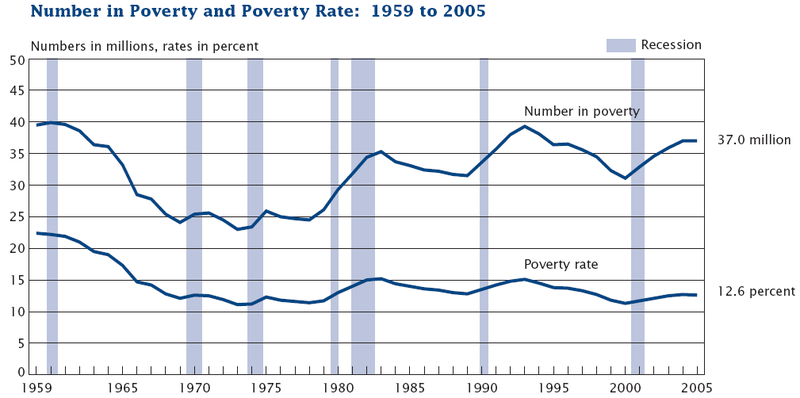- Thread starter
- #421
Okay, refocusing our attention on the thesis of the OP and appealing to the grown ups who have an interest in the topic, this kind of got lost in a brief food fight a few pages back. I personally thinks it speaks to the thesis of the OP so eloquently it deserves another look.
Does anybody get Sowell's point here?
Does anybody get Sowell's point here?
Thomas Sowell, in his amazing and most thought provoking book "Vision of the Annointed" addresses this in the opening section. He had just recounted the pattern of how those who claim the best of intentions generally address societal issues and problems. And then addresses the issue of poverty (among other things) as illustration:
(In Chapter One of Vision of the Annointed. Sowell includes references to his sources for all statistical data. I can't provide page numbers as I am copying this from my Kindle and it doesn't show the page numbers as they appear in the hard copy of the book.)
Excerpt:
STAGE 1. THE 'CRISIS': Given that the purpose of the 'war on poverty' was to reduce dependency, the question is: How much dependency was there at the time and was it increasing or decreasing before the new policies were instituted? In short, what was the 'crisis' for which the anointed were proposing a 'solution'?
As of the time the 'war on poverty' programs began, the number of people who lived below the official poverty line had been declining continuously since 1960, and was only about half of what it had been in 1950. On the more fundamental issue of dependency, the situation was even more clearly improving. The proportion of people whose earnings put them below the poverty level without counting government benefits declined by one third from 1950 to 1965. In short dependency on government transfers as a means of warding off poverty was declining when the 'war on poverty' began.
STAGE 2. THE 'SOLUTION': The Economic Opportunity act was passed in 1964, creating the Office of Economic Opportunity, the 'war on poverty' agency. As an historian of poverty programs put it, "Congress was quick to buy a program that might help welfare wither away." The Council of Economic Advisers declared "conquest of poverty is well within our power."
STAGE 3. THE RESULTS: The percentage of people dependent upon the federal government to keep above the poverty line increased. Although the number of such dependent people had been declining for more than a decade before the 'war on poverty' began, this downwar trend now reversed itself and began rising within a few years after that program got under way.
Official poverty continued its decline for some time as massive federal outlays lifted many people above the official poverty line, but not out of dependency--the original goal. Eventually, however, even official poverty began to rise so that a larger number of people were in poverty in 1992 than were in poverty in 1964 when the 'war on poverty' began.
If Sowell is right--and I would bet a very nice steak dinner that he is--this alone should cause us to back up and rethink what we do. Have all those trillions we have poured into poverty programs created more dependency than have actually helped people who would not have otherwise helped themselves? Cannot reasonable and intelligent people look at it from that perspective and come to a rational and supportable decision without demonizing or insulting some political party or group or demographic?
(Note: I was introduced to Sowell's book some time after I started this thread. I wish I had had it when I started the thread.)


